by Judith Flanders
by Ken McNab
by Michael Eric Dyson
by Mariah Fredericks
by Greg King and Penny Wilson
by Greg King and Penny Wilson
by Celia Stahr
by Jessica Fellowes
by Maura Spiegel
by Mieke Eerkens

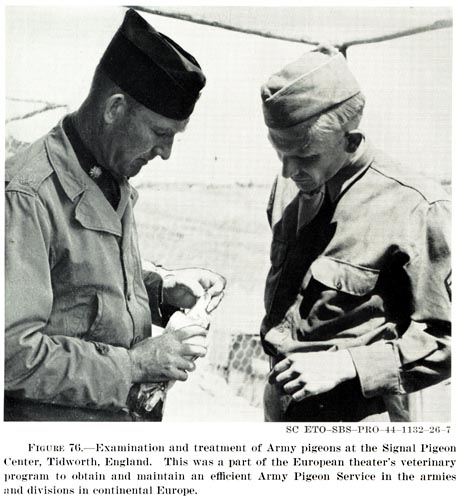

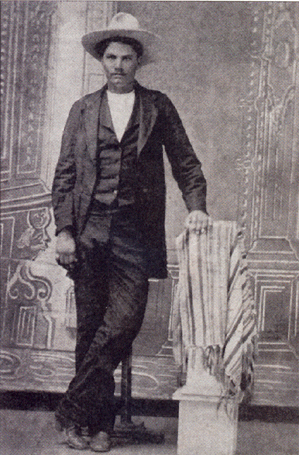
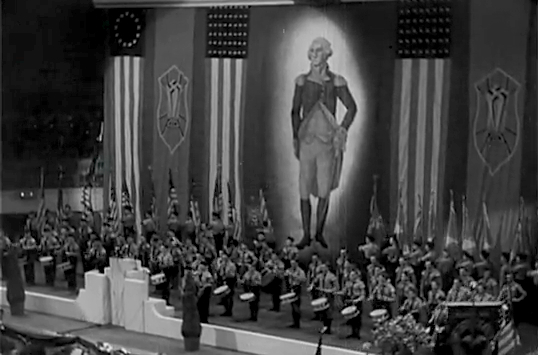
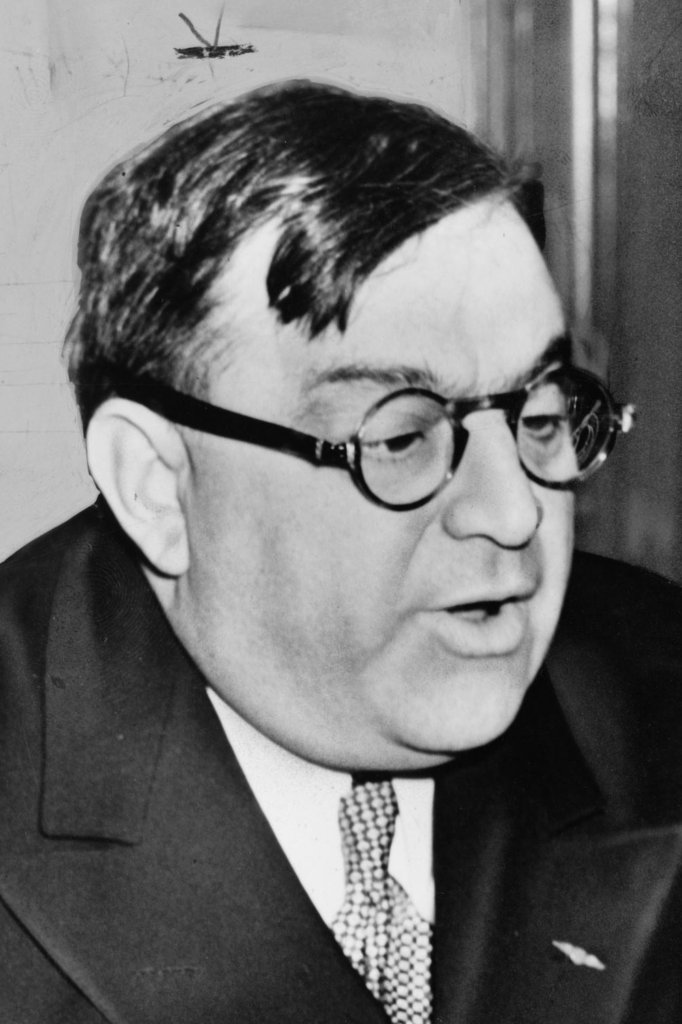
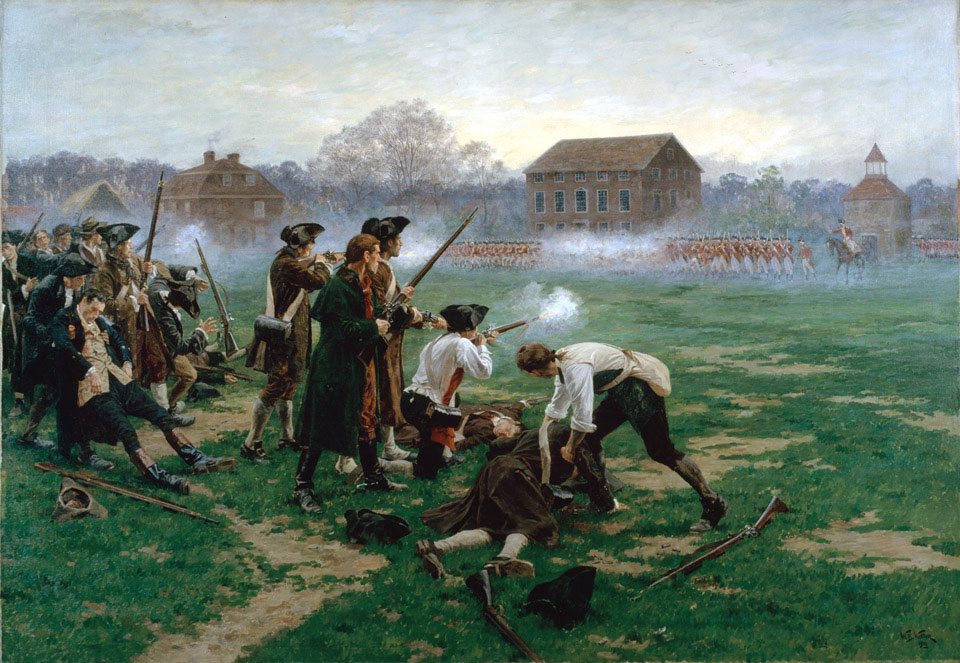
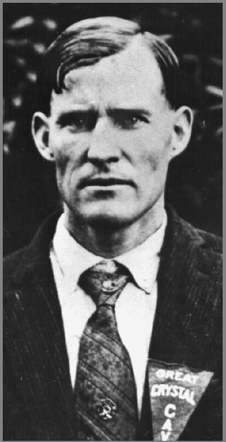
Sign Up For The History Reader Newsletter
